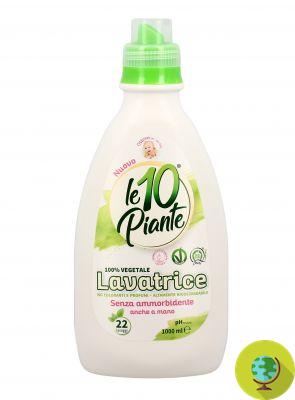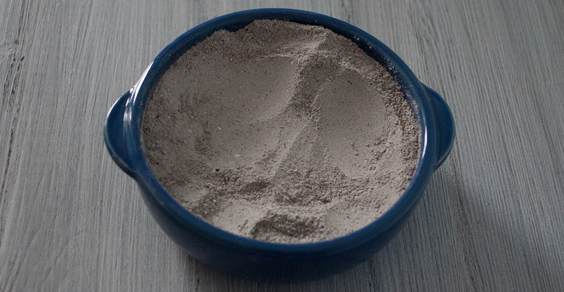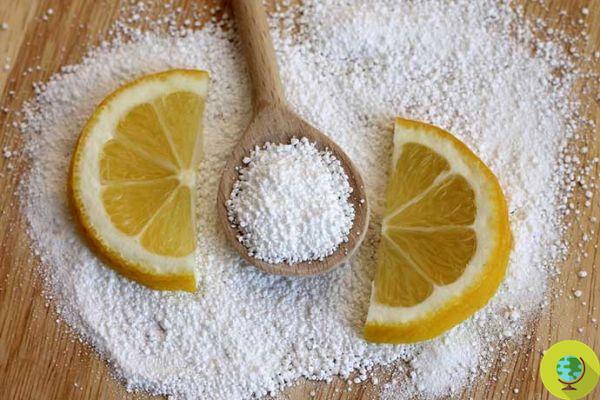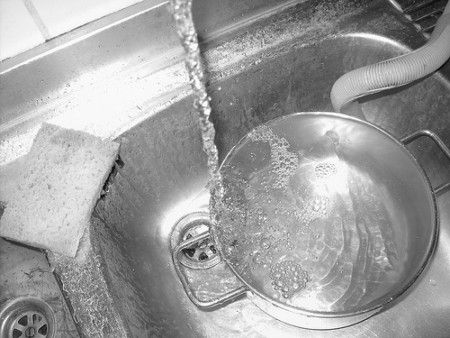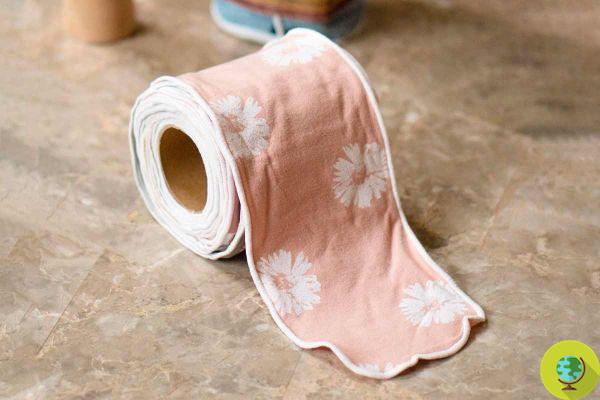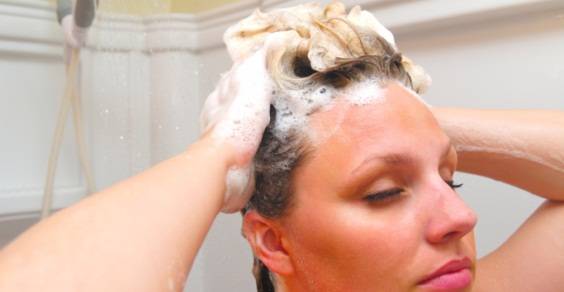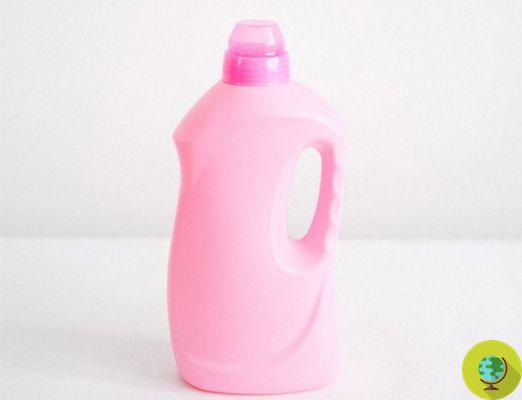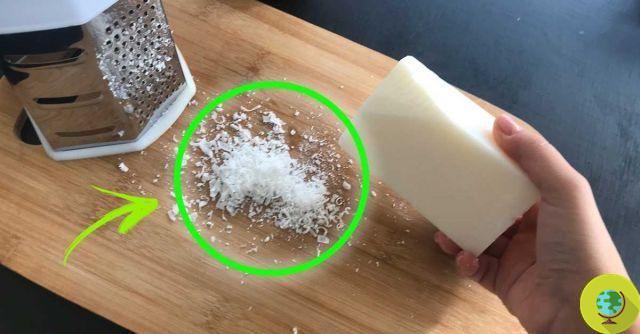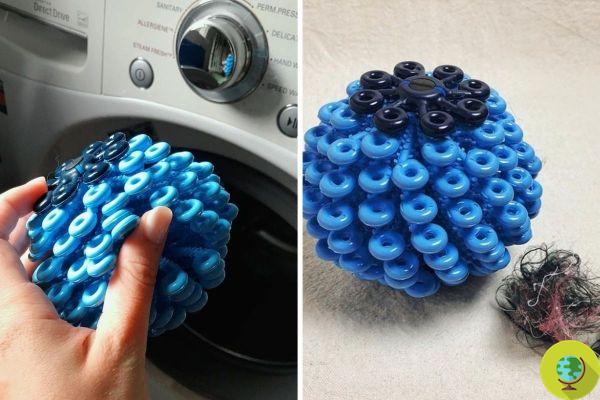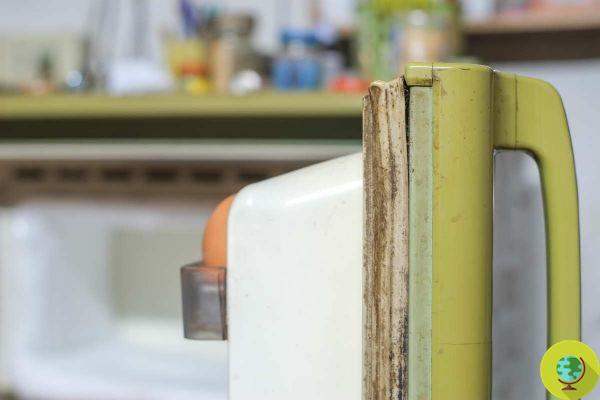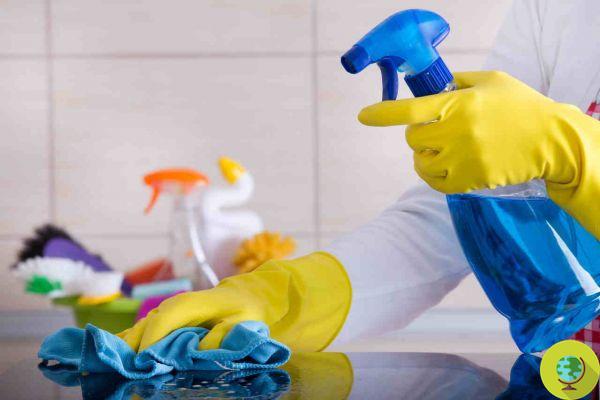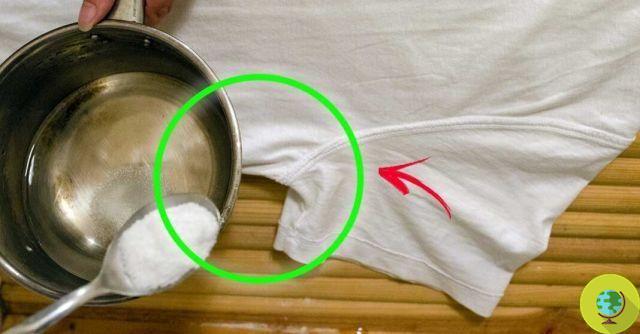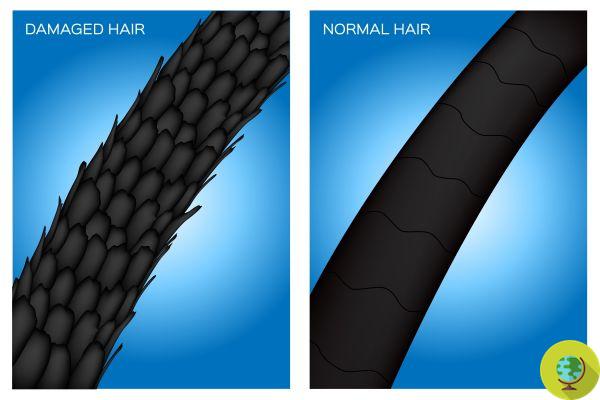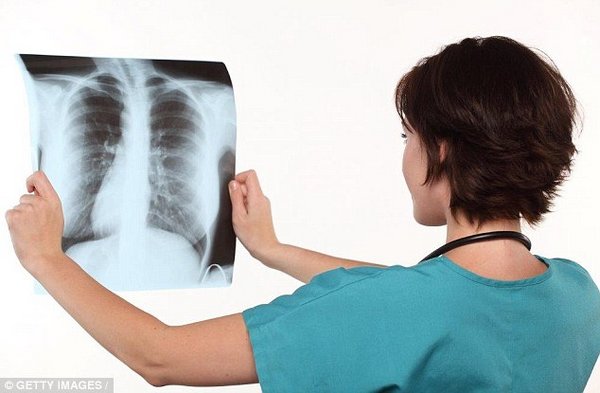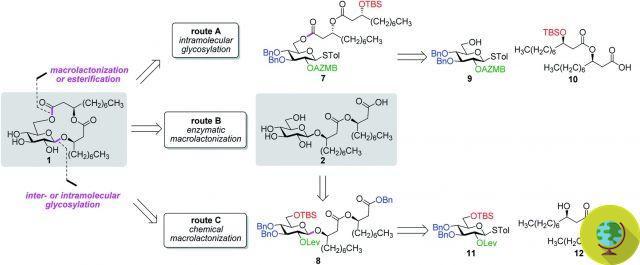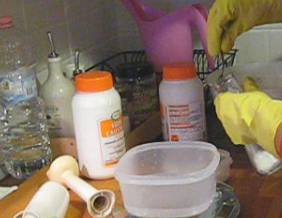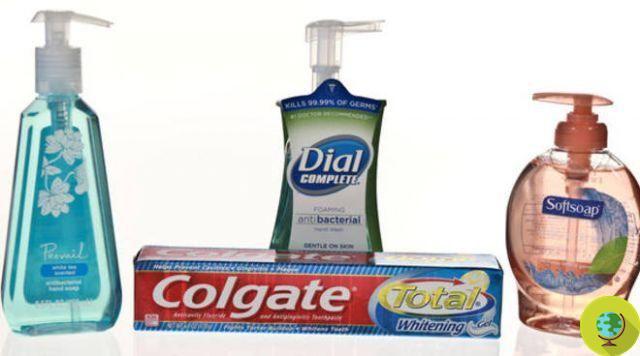
Antibacterial soaps do not reduce the risk of getting sick and do not help prevent the flu. In the United States, the FDA has begun to question the effectiveness of antibacterial soaps, which have been very popular in recent years. Antibacterial cleansers based on triclosan would not be more effective than others that do not and could present health risks.
He is about to end up run over, his mother saves him
I antibacterial soaps they do not reduce the risk of getting sick and do not serve to prevent the flu. In the United States theFDA he started to to put in doubt the effectiveness of antibacterial soaps, very fashionable in recent years. Antibacterial cleaners based on triclosan they would not be more effective than others who do not and may have gods health risks.
The question would still be found under review and the FDA itself would have asked the companies di test the effectiveness of their productsthe. The triclosan issue had already been raised in the US last December. By 2016, the FDA could prohibit the use of triclosan in antibacterial detergents for sale in the United States. In Europe triclosan is under observation: it has already been recognized as a pesticide and pollutant, but has been considered safe when used in small quantities.
The FDA seems to have a different opinion, according to which triclosan may not be really effective in 'eliminate germs and bacteria - as antibacterial soaps promise - they also carry any health risks with them. For this reason now he would like companies to prove their antibacterial soaps are really more effective of the simple water and soap and free from health risks. The products may later be reformulated and relabeled so that they are still suitable for sale.
"We want companies to test these products, so that consumers who buy them can be sure they will have greater benefits than just soap and water," said Sandra Kweder, FDA member. Over the last few years, companies have already provided data regarding the effectiveness of antibacterial soaps, but now the FDA is asking for certainties for protect consumers. The FDA recalls that antibacterial soaps they cannot have effect against the common influence, which is caused by virus, not from bacteria.
Some commercials broadcast in the USA, which see antibacterial soaps as protagonists, would be deceptive. Finally, according to David Hill, an expert at Quinnipac University Medical School, washing hands simply with soap and water remains one of the most effective ways to avoid the spread of infections in daily life, for example after sneezing, blowing your nose or preparing of food.
The FDA is especially concerned that triclosan, accumulating in our bodies, could behave like a endocrine disruptor and expose us to some health risks, which could affect the hormonal and immune systems. There may also be an association between triclosan exposure and allergies. Companies will have time to submit data and studies until December 2014. The FDA plans to establish new regulations by September 2016.
Marta Albè
Read also:
Triclosan in detergents and cosmetics soon banned in the US?




